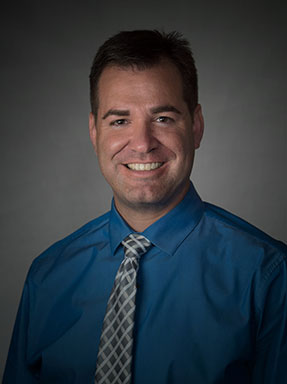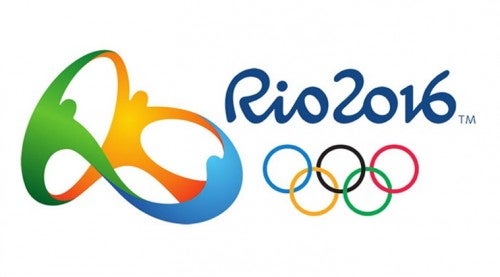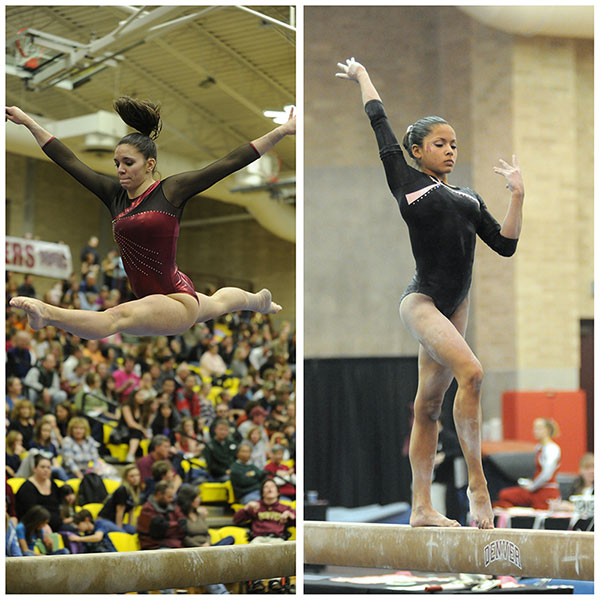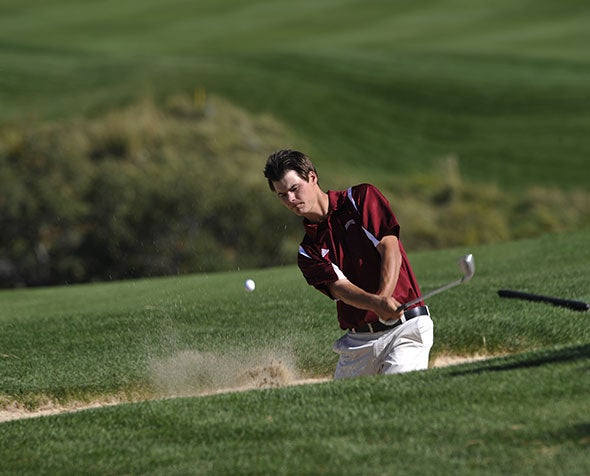Preparing Mentally for the Olympics
DU professor helps athletes compete at their very best
The thrill of competing in the Olympics. Athletes will train their entire life for an event that may last only a few minutes. It’s almost impossible to imagine the pressure or the mindset required for an athlete to perform at peak on the world’s biggest stage.
“The Olympics are perfectly set up to make great performances a challenge,” says Steve Portenga of DU’s Graduate School of Professional Psychology (GSPP). For the last 15 years he has worked closely with some of the best athletes in the world, including the U.S.A. Track and Field team (USATF) during the 2012 Olympic Games in London. The professor in the GSPP’s Sports and Performance Psychology Program started working closely with athletes while earning his PhD from the University of Missouri-Columbia. Portenga remembers how for weeks he would show up at track and field practices to help the coach, who had a PhD in sports psychology. “He asked me if I [was] planning to keep coming. When I told him I was, he told me to go make myself useful by talking to one of his high jumpers.” For the next three years, Portenga helped at practices, traveled with the team and helped at NCAA Nationals and USA Nationals.
After completing his PhD, Portenga joined USATF working as a sports psychologist. At about that same time, he started working at DU, first in Athletics and at the Counseling Center before becoming a full-time professor at GSPP.
When Portenga was working with athletes preparing for the 2012 Olympics, he knew he had one clear objective: “My responsibility was to help athletes perform more consistently in the upper range of their abilities.” Portenga says accomplishing this goal means working with athletes before and after competitions and also on location at many big events.
“It’s a very unique pressure cooker that’s hard for anyone who hasn’t lived in the Olympic Village to truly understand,” Portenga says about the stress facing Olympians. “Athletes are away from family and friends for a month or more. They are often sharing a room. There’s constant energy around them. There are Olympics rings, national colors, foreign languages. They have little privacy and it’s very difficult to find a quiet space to relax.”






